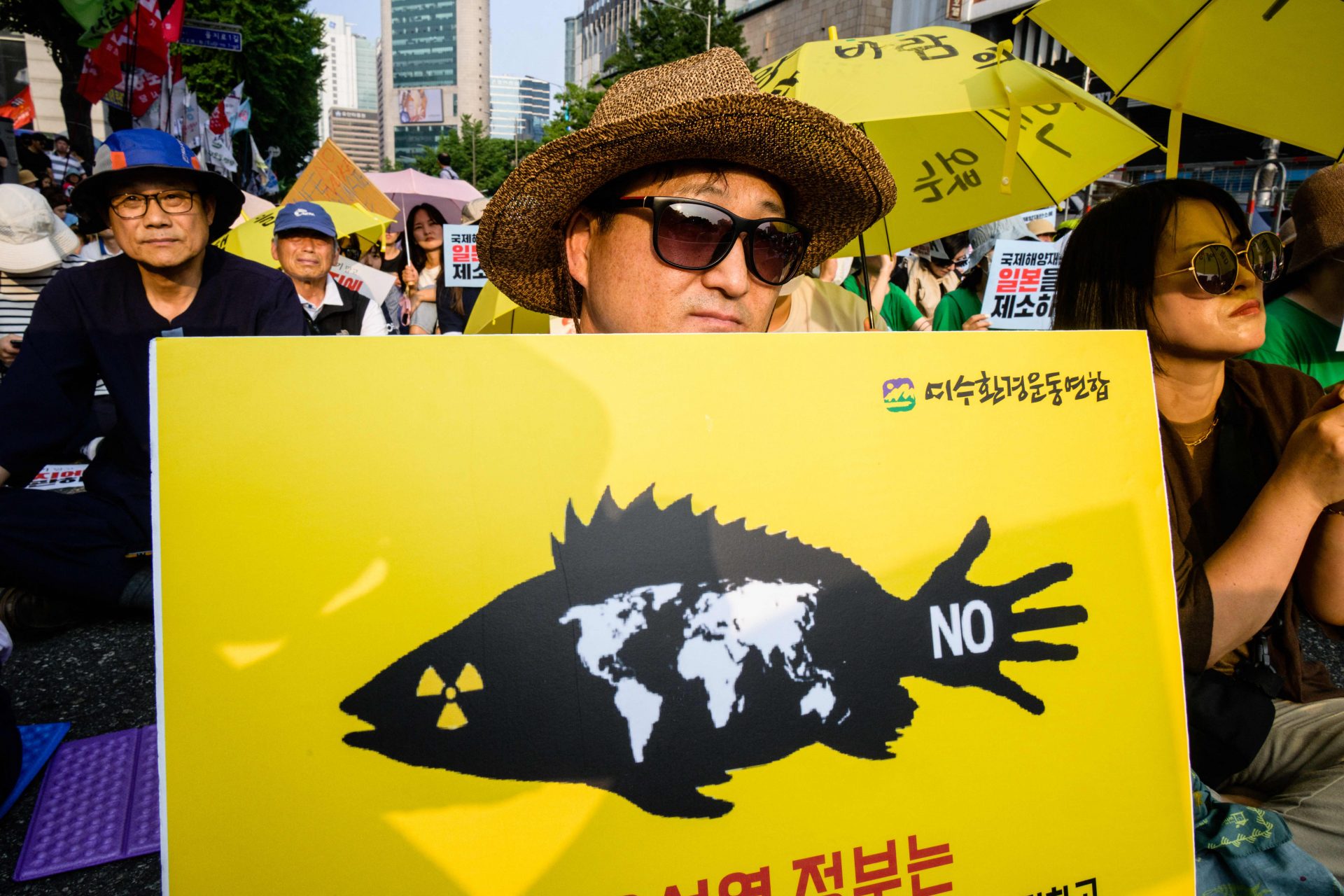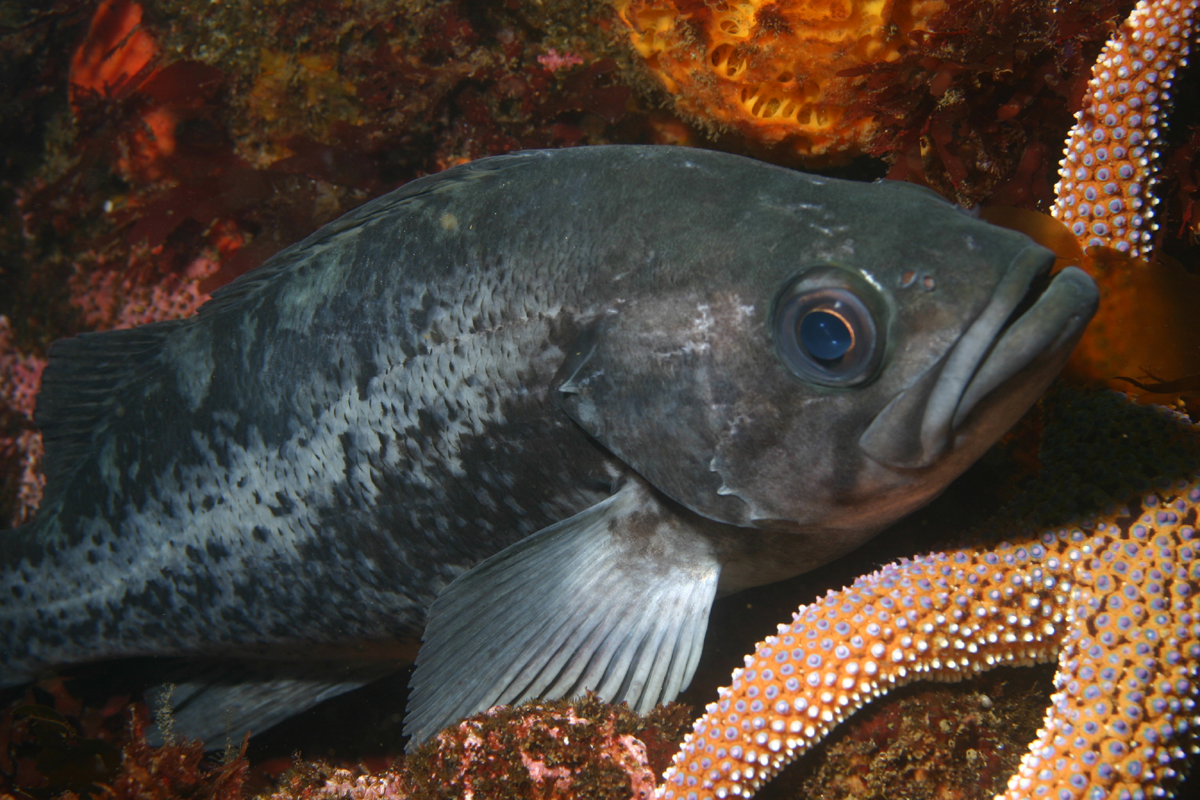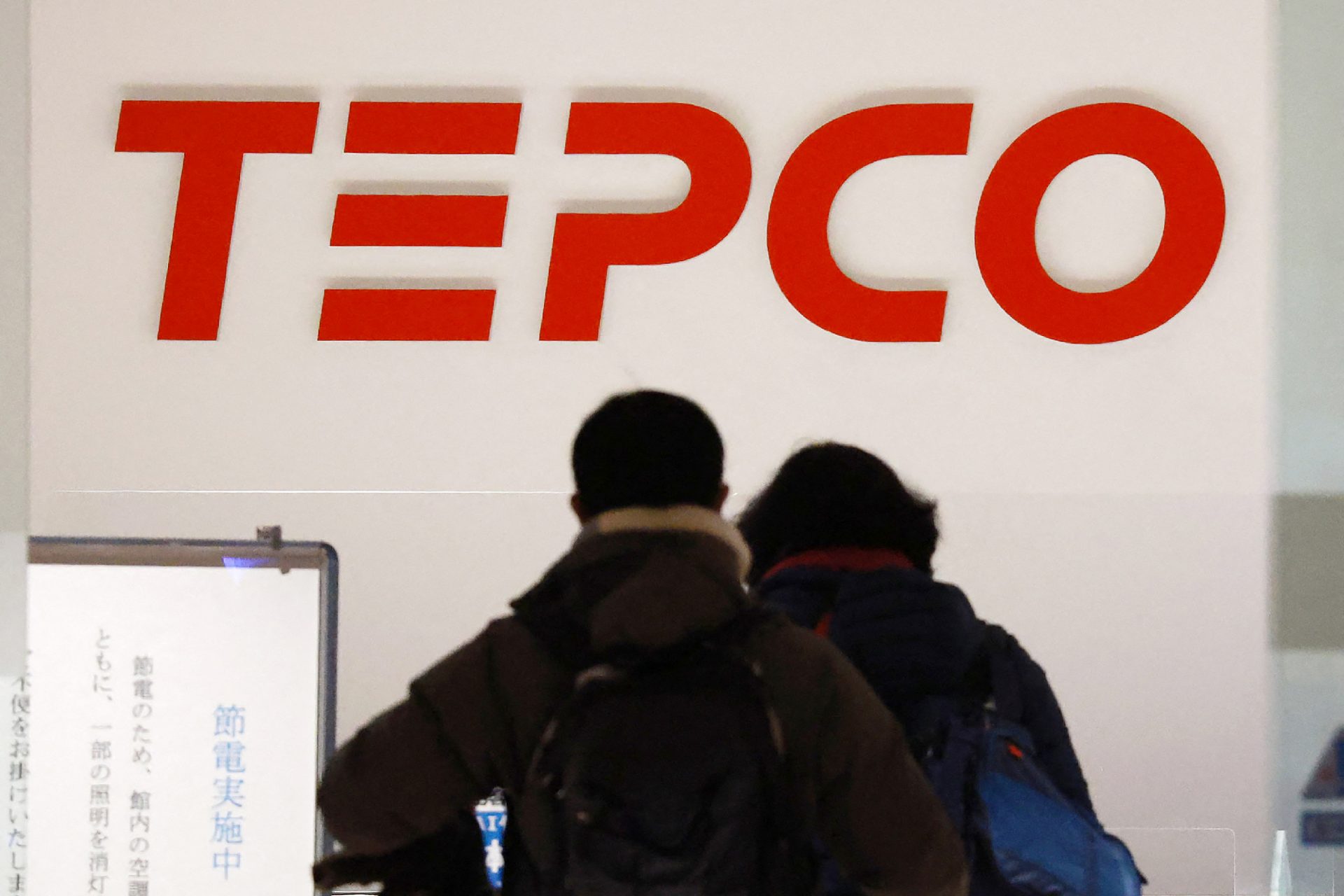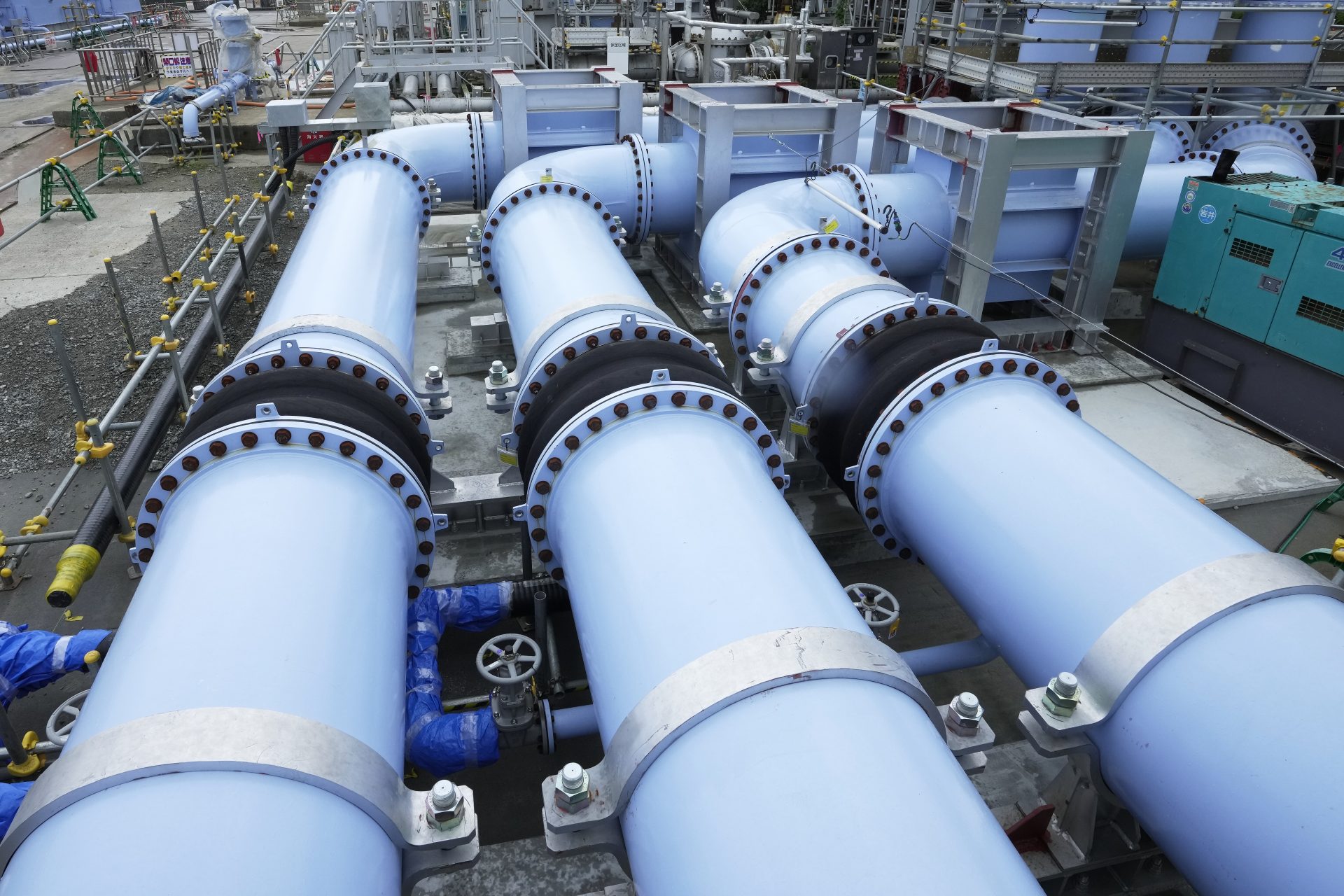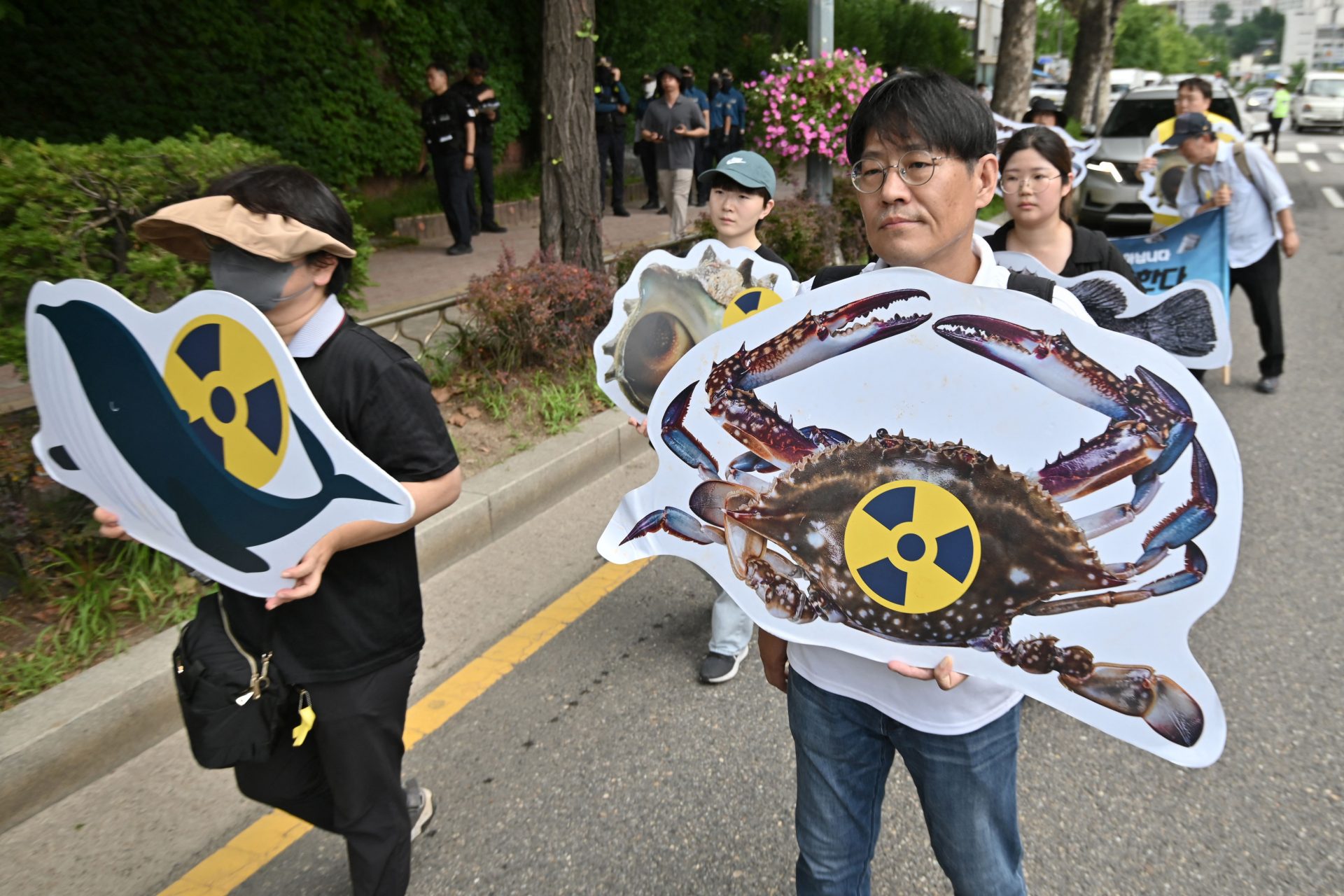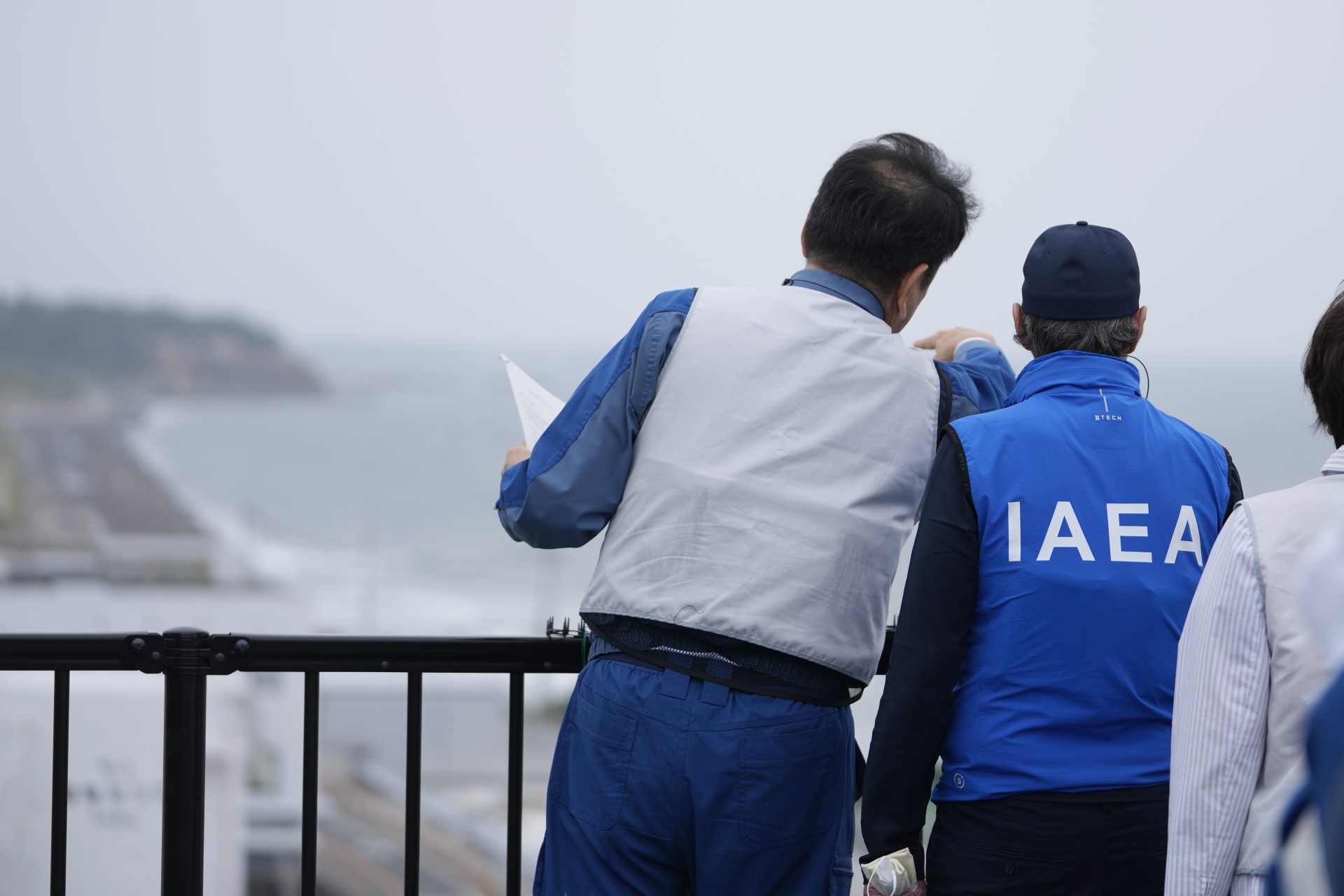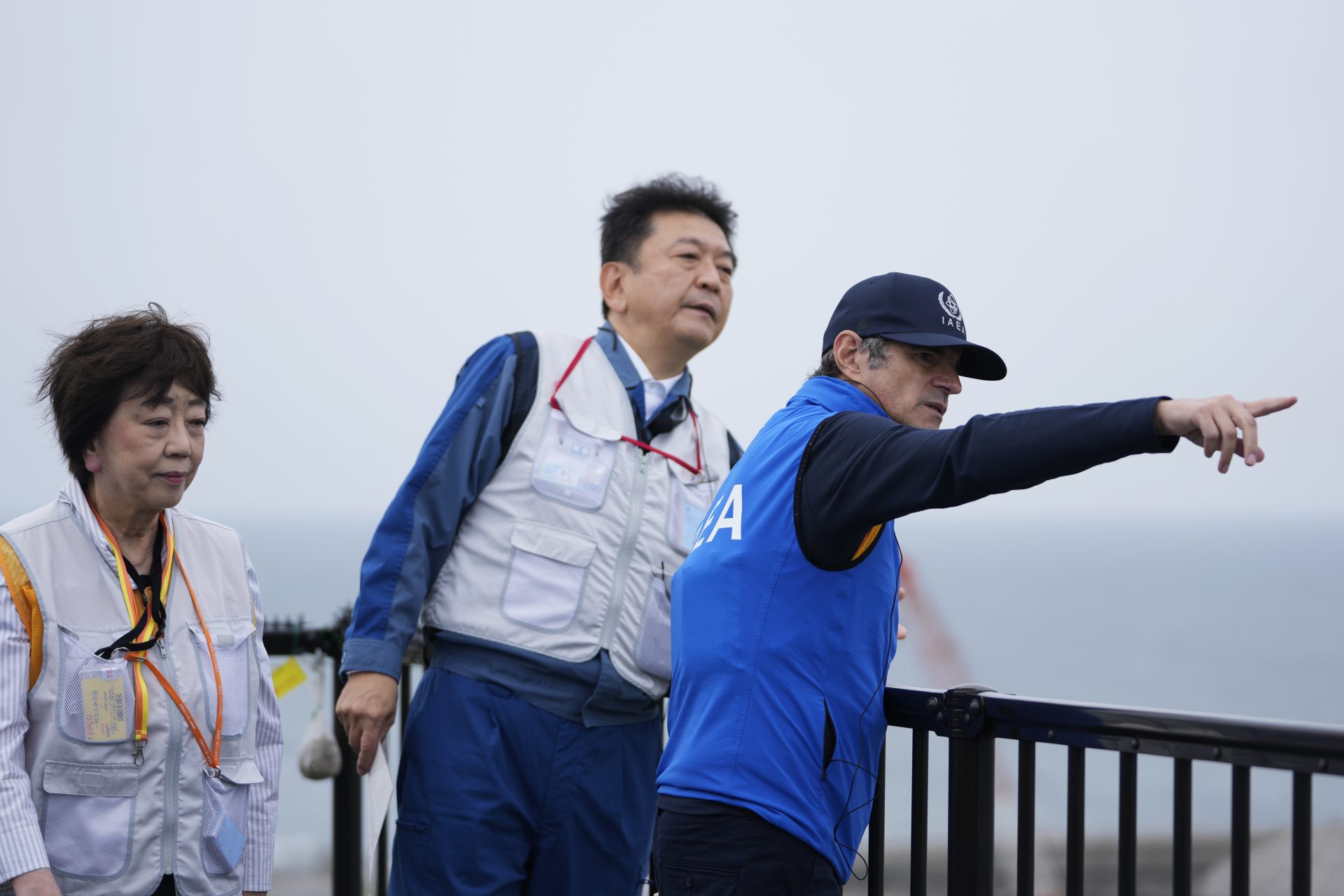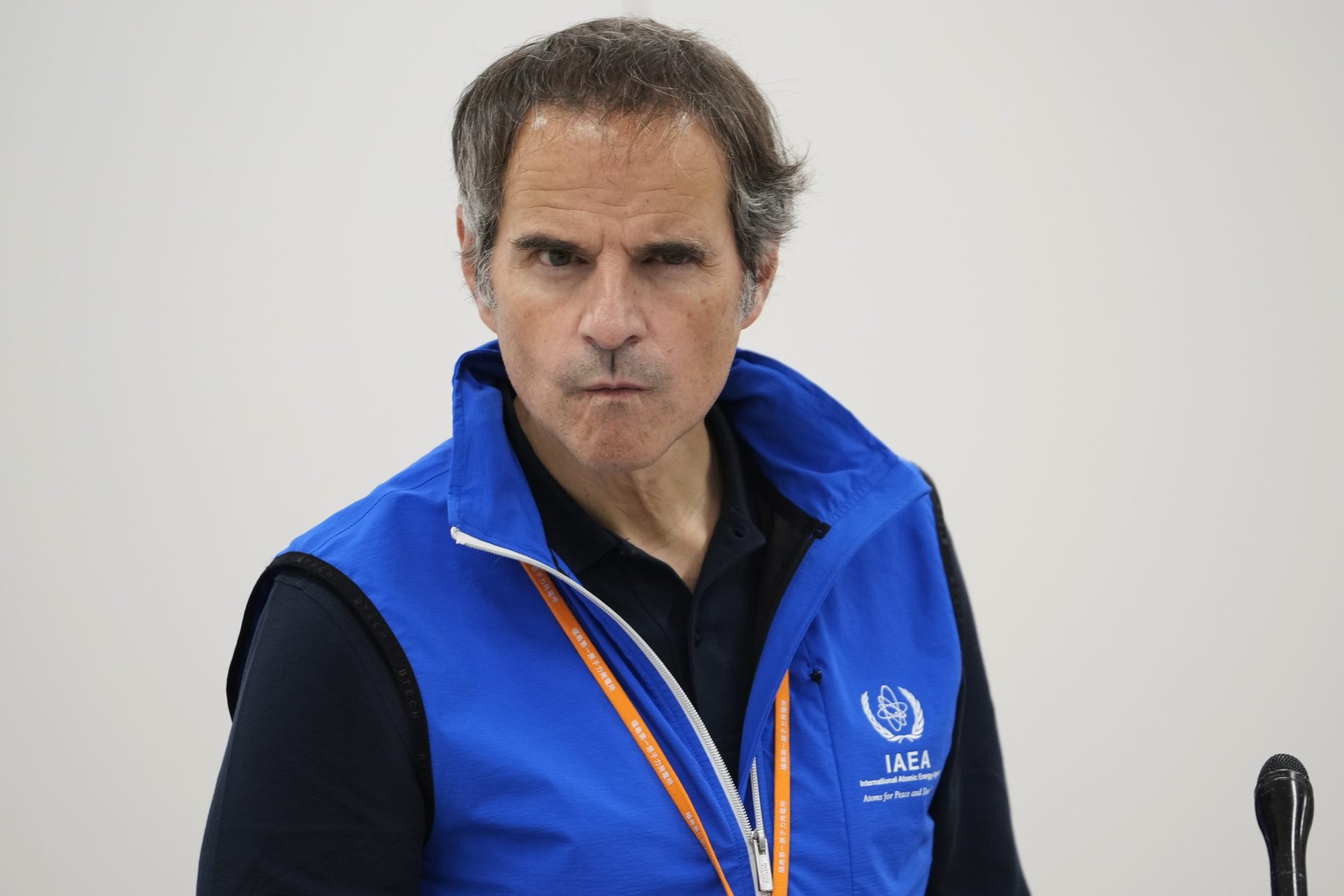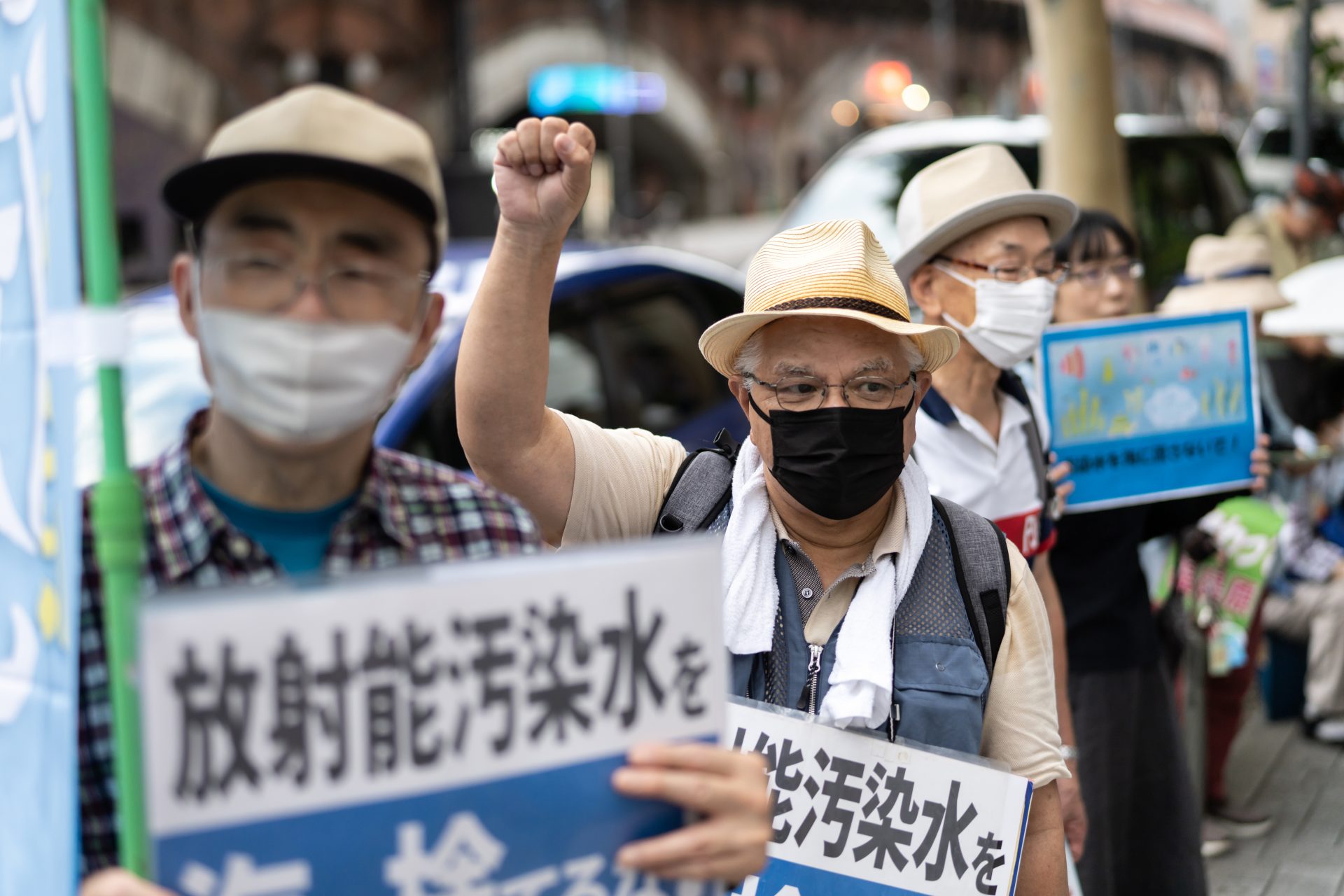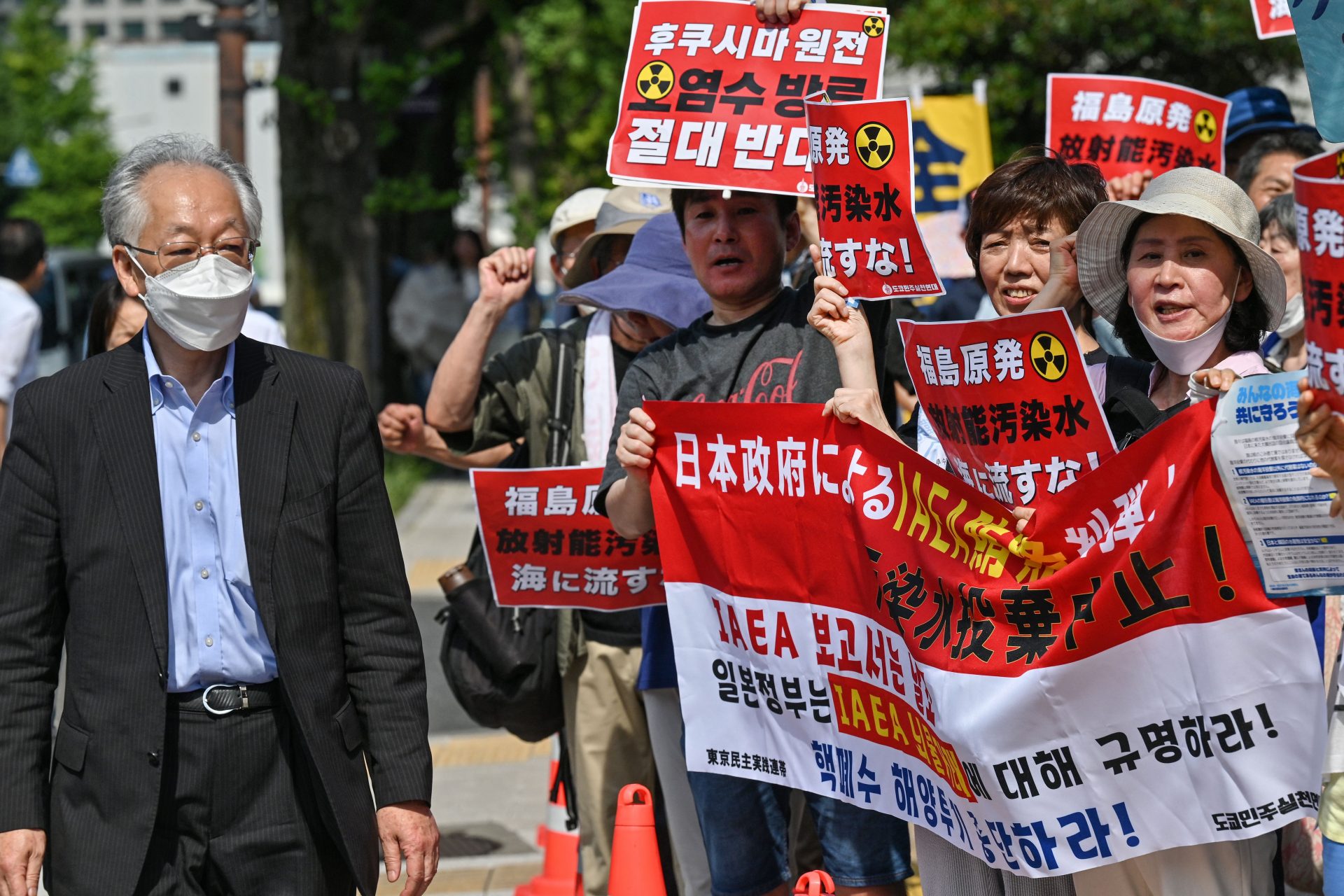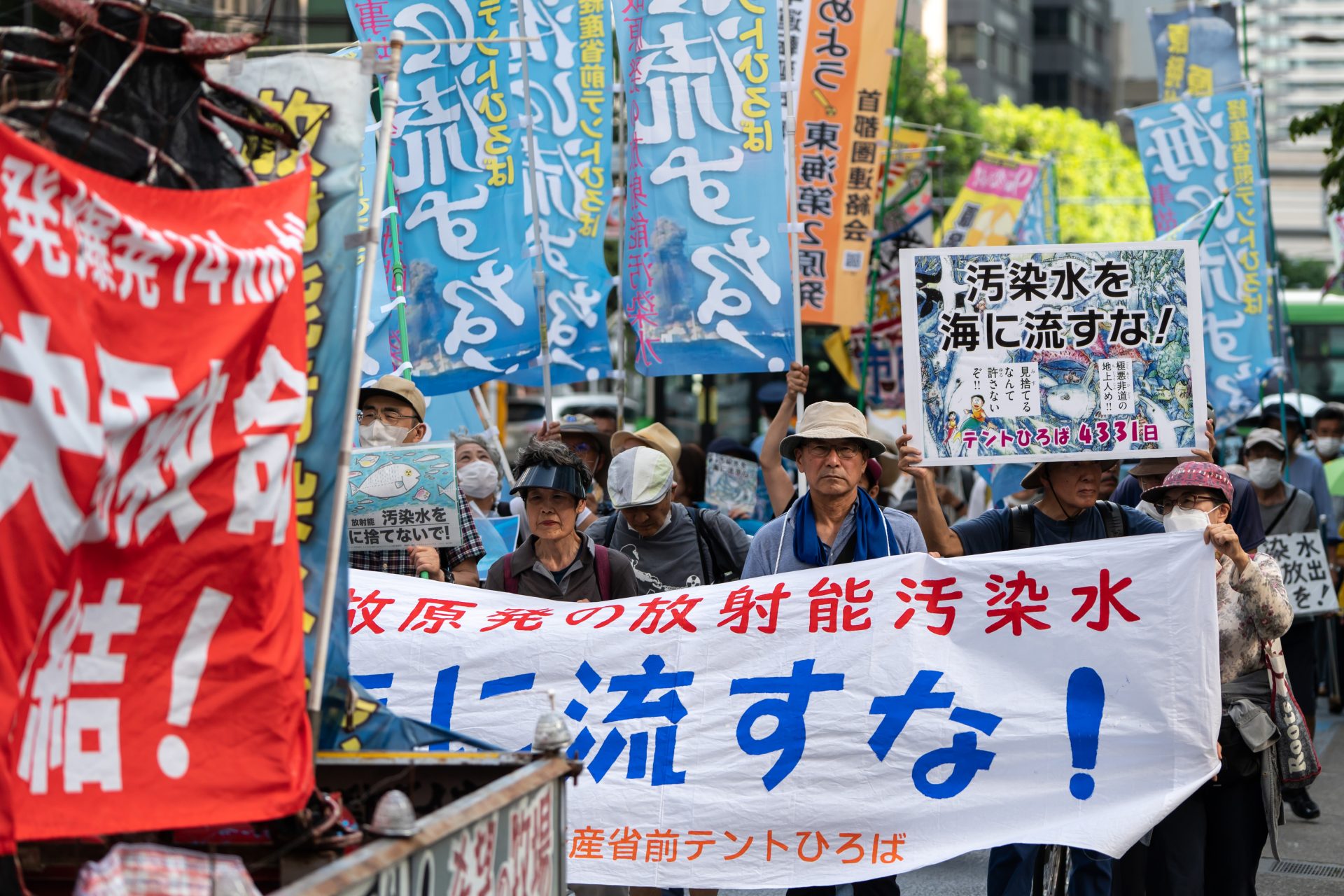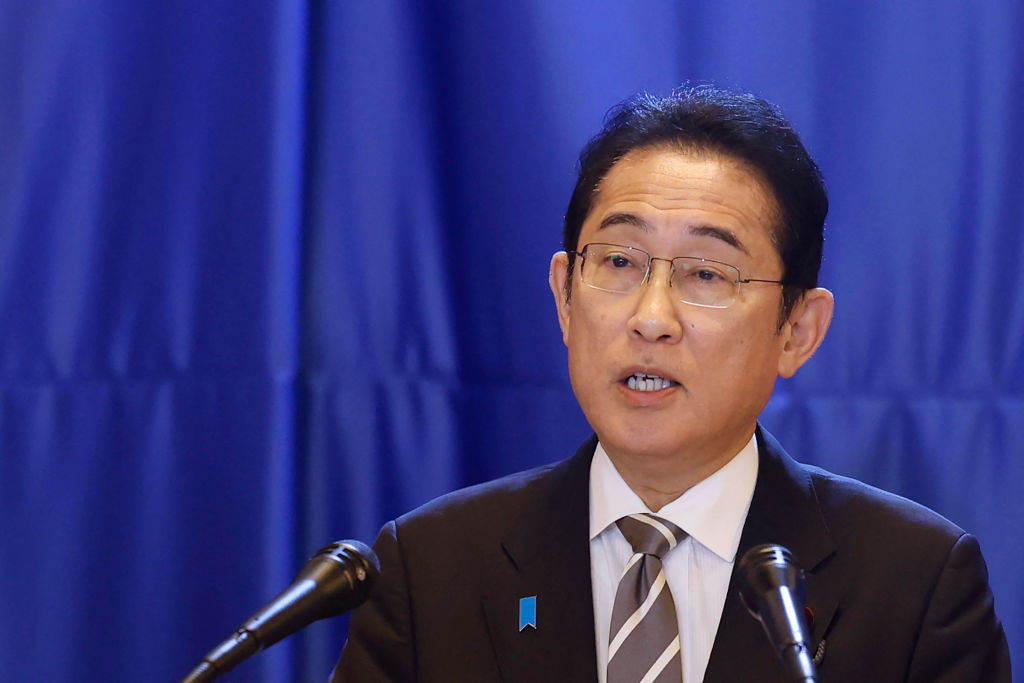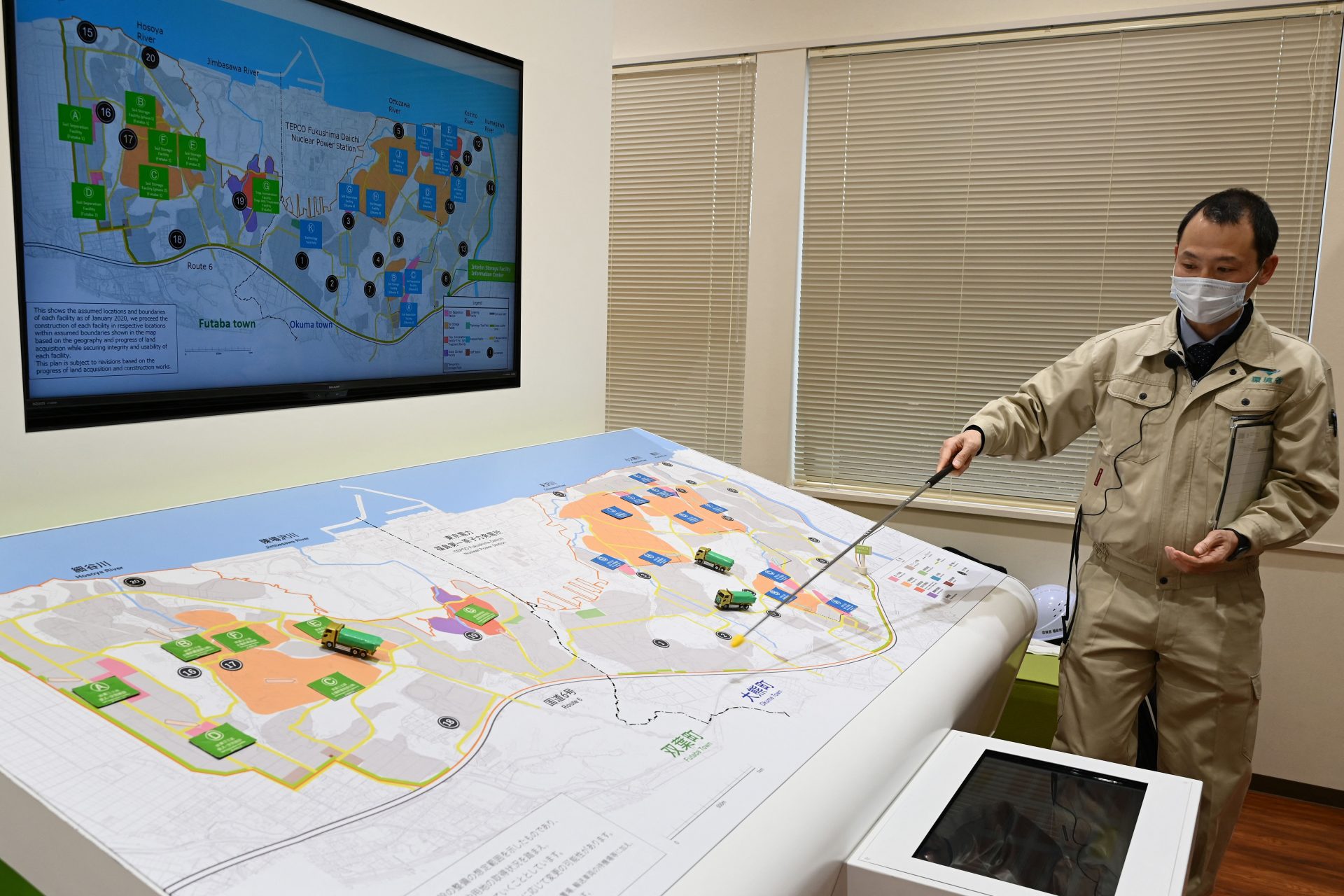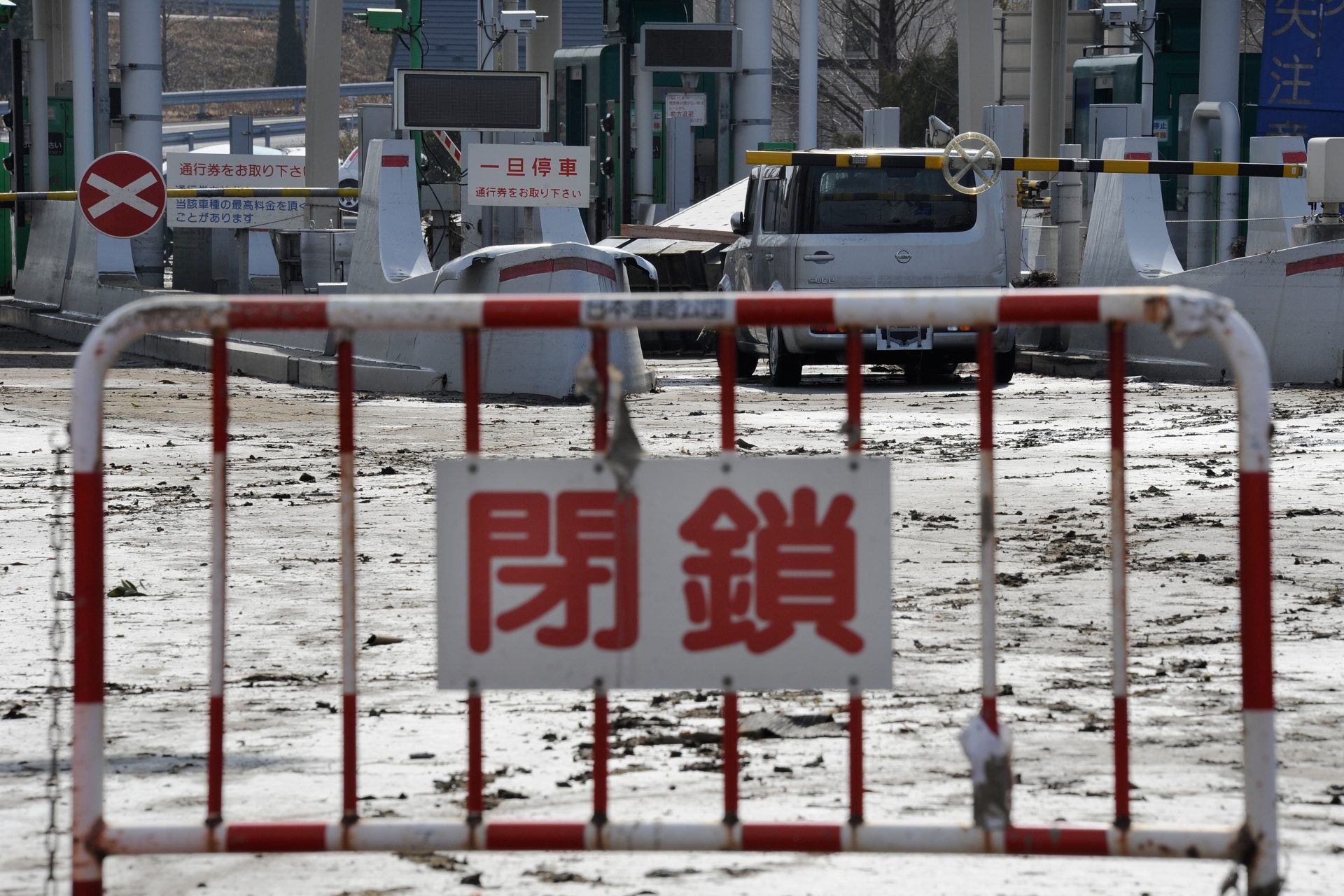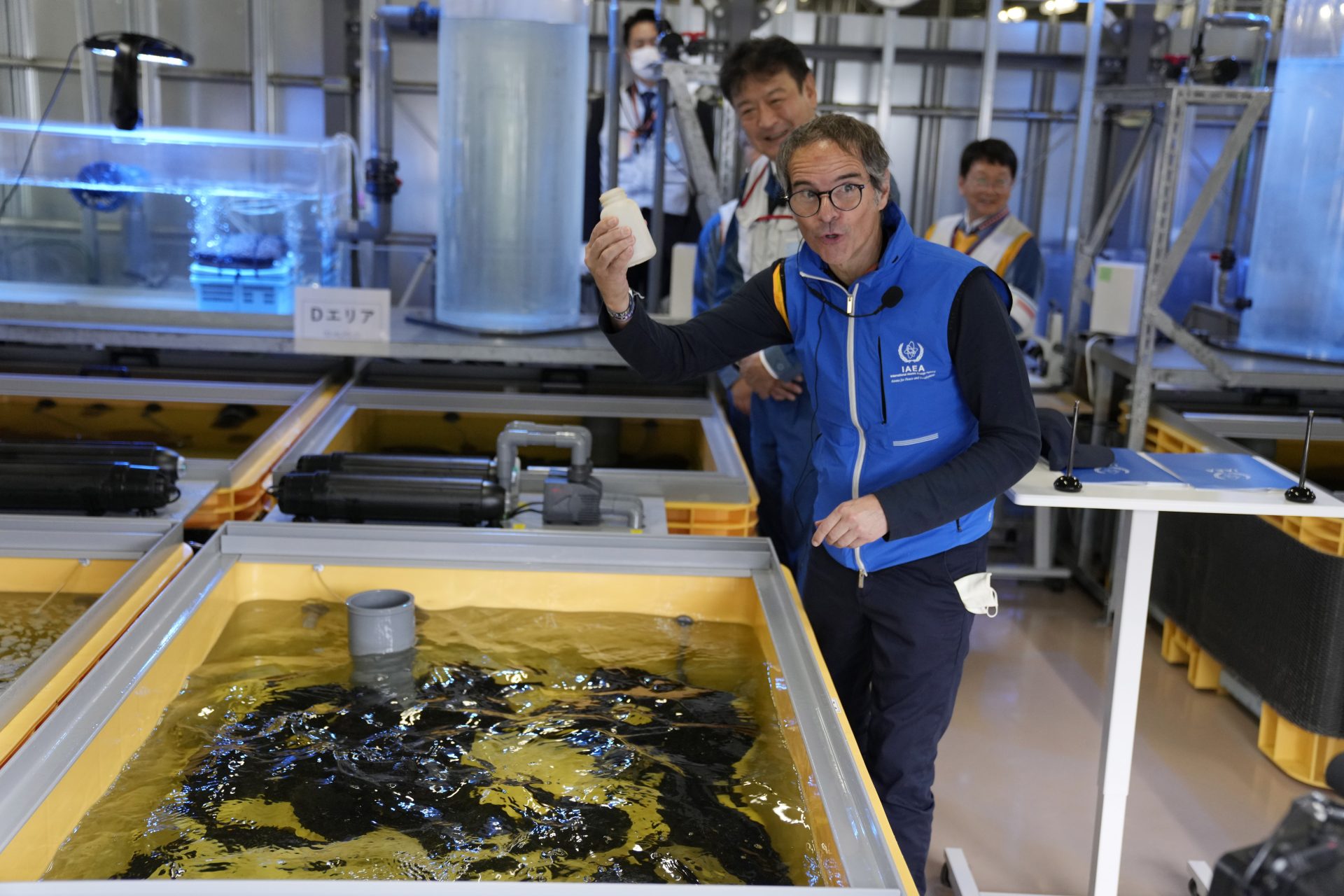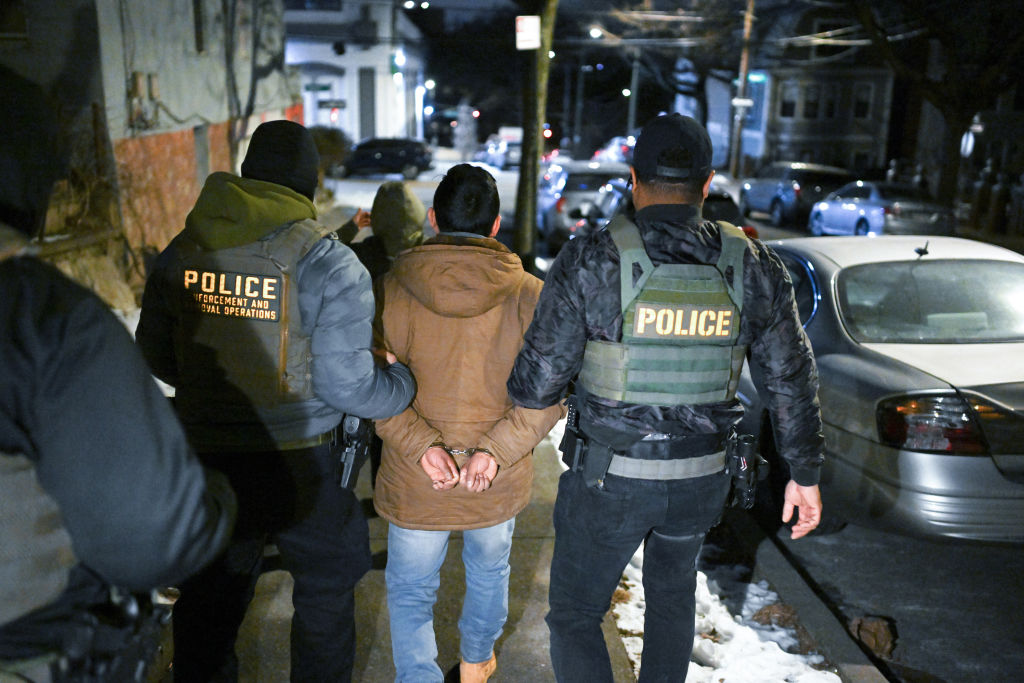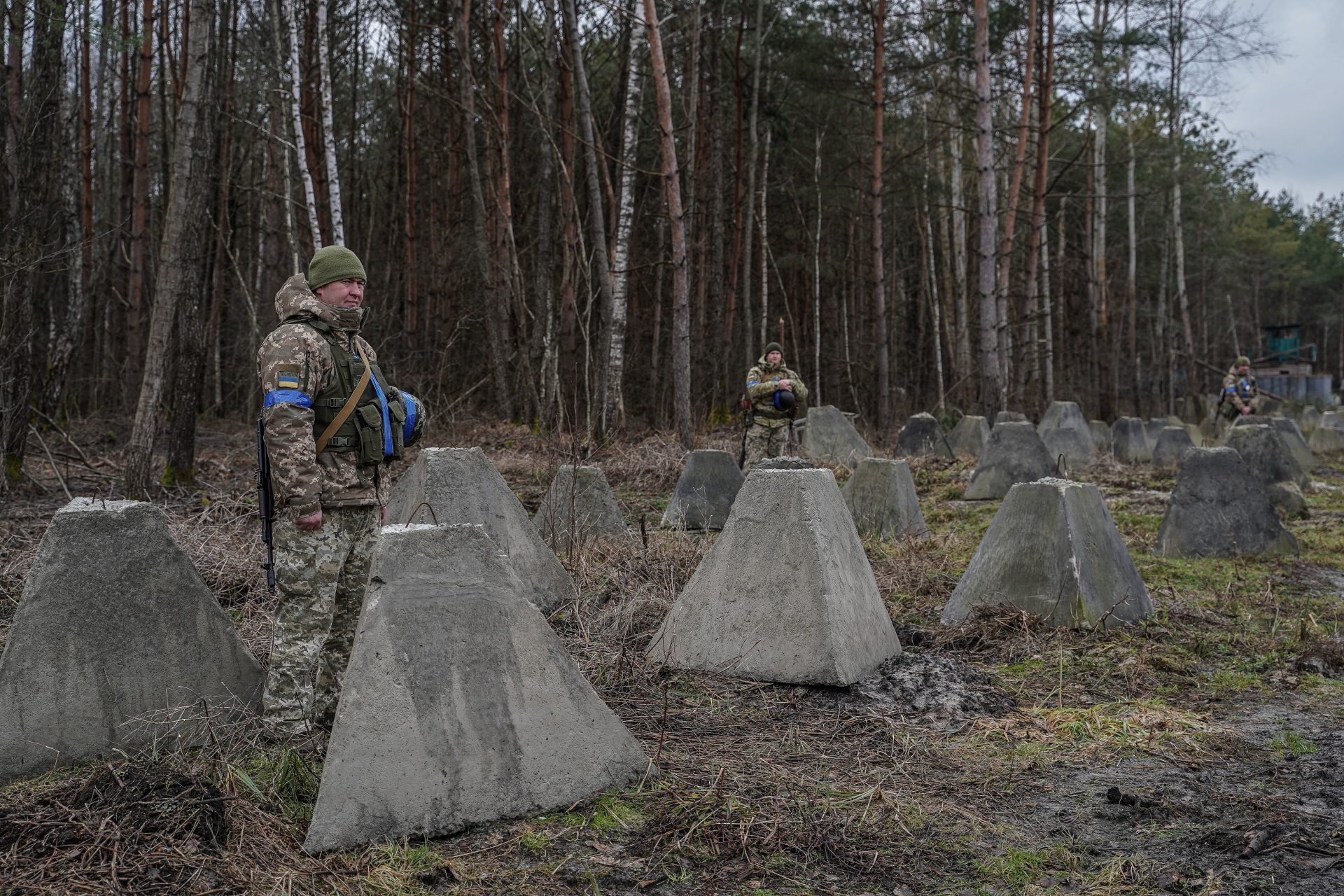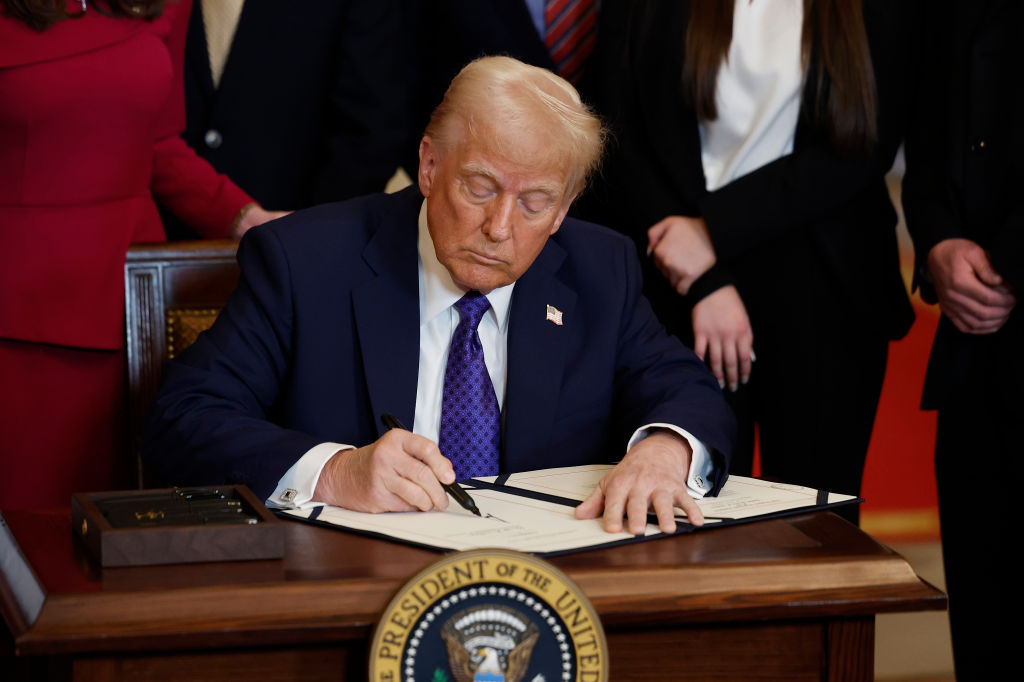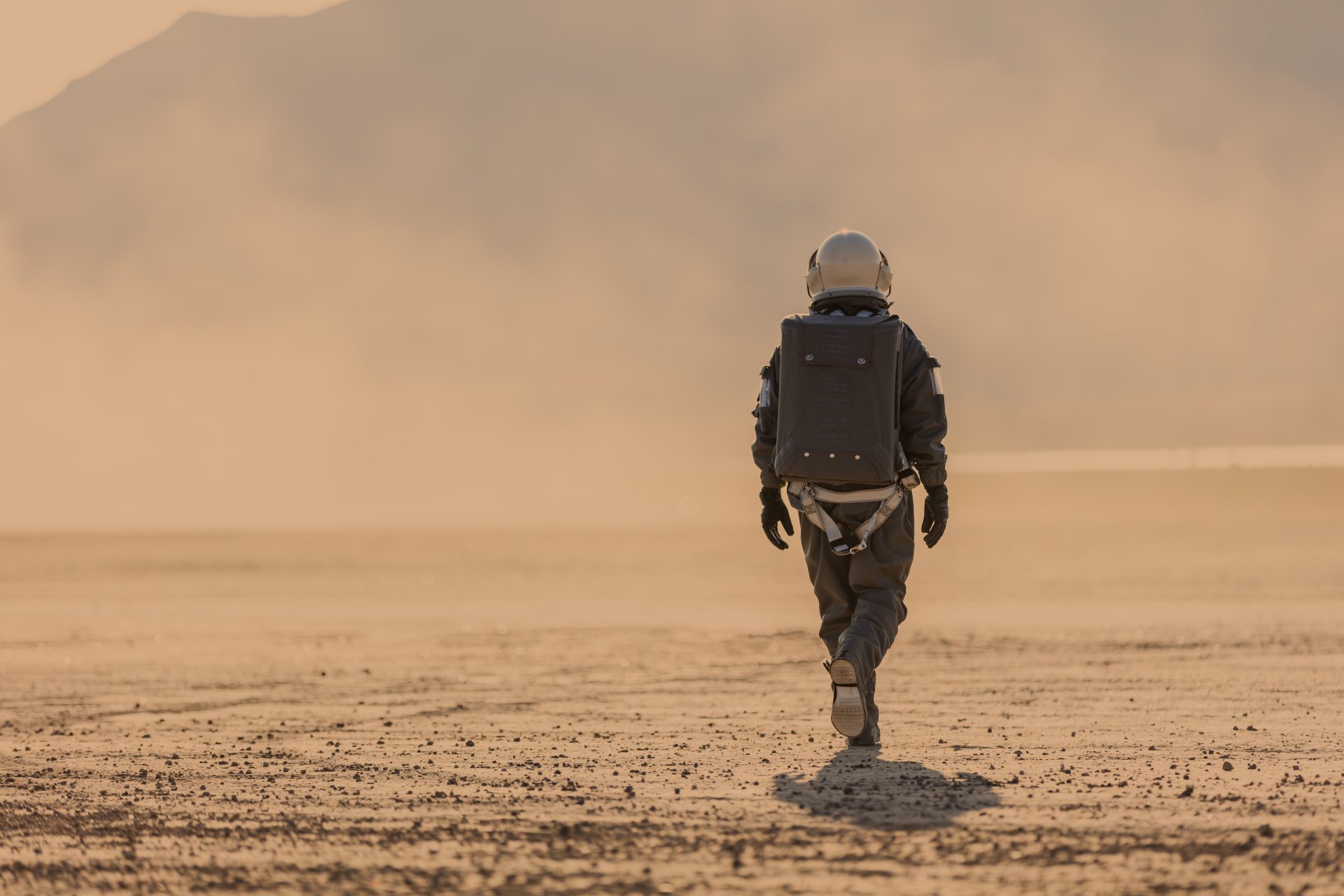A radioactive Japanese fish is spurring fears over a coming contaminated water release
A fish with dangerously high levels of radioactive cesium was caught near the drainage outlets of the Fukushima Daiichi nuclear plant and it’s causing significant concerns over Japan’s upcoming plan to release millions of tons of contaminated water into the ocean.
The black rockfish was caught on May 18th according to The Guardian and it was later found to contain 18,000 becquerels per kilogram of cesium-137, a number that exceeds the legal maximum level of 100 becquerels per kilogram by a concerning 180 times.
The Tokyo Electric Power Plant Company (TEPCO) has been testing fish near the ruined nuclear plant ever since earthquakes off the Japanese coast induced a meltdown and destroyed part of the plant’s cooling system according to Global News, which it noted caused three reactor failures.
Global News went on to explain that the water used to cool the reactor cores has been accumulating in about 1000 storage tanks in the plant but those tanks are set to reach their capacity by early 2024.
Japanese officials are hoping the release of some of the contaminated water will help to prevent future leaks if another disaster occurs while work to decommission the nuclear plant continues.
Global News added the Japanese government plans to release water over the course of several decades via underground tunnels and was hoping to begin this summer, a fact it noted was angering not only neighboring countries but also local fishers in the area.
On July 4th, The International Atomic Energy Agency (IAEA) approved Japan’s plan to release 1.3 million tons of contaminated water after a two-year review of the possible consequences that could arise from the move according to The Hill.
In a press release from the IAEA, the agency pointed out that the water set to be released had been treated through an “Advanced Liquid Processing System (ALPS)” that was able to remove nearly all of its radioactivity, excluding what tritium remained in the water.
However, Japanese officials had a solution for their tritium problem and planned to dilute the water before its release in order to bring the levels of the dangerous element below regulatory standards.
IAEA Director General Rafael Mariano Grossi said in the press release that his agency concluded, “the approach and activities to the discharge of ALPS treated water taken by Japan are consistent with relevant international safety standards.”
“Furthermore, the IAEA notes the controlled, gradual discharges of the treated water to the sea, as currently planned and assessed by TEPCO, would have a negligible radiological impact on people and the environment,” Director Grossi added.
However, the move to release such a large amount of contaminated water has Japan’s neighbors worried and angry. The Guardian noted Hong Kong has threatened to ban all food imports from 10 Japanese prefectures if the release goes ahead as planned.
Moreover, China has instituted radioactive testing of all Japanese seafood imports as a response to the impending water release, a move that’s caused some fish wholesalers in the country to stop buying Japanese products altogether.
Japanese Prime Minister Fumio Kishida hit back at China’s decision to test all imported Japanese seafood while on a tour of the Middle East and urged for “discussion based on scientific evidence.” However, it is likely this call won’t be heeded by the Chinese.
The Guardian reached out to TEPCO about the radioactive black rockfish caught in May and an official said the company has been testing fish ever since the meltdown incident occurred and noted nets had been installed to prevent fish from escaping the area.
The radioactive fish caught in May is just the most recent example of sea life found with cesium levels above the 100 becquerels per kilogram limit. A total of 44 other fish have been caught between May 2022 and May 2023 that also exceeded the legal levels of cesium.
More for you
Top Stories



